Exploring the Top 20 Questions about Artificial Intelligence
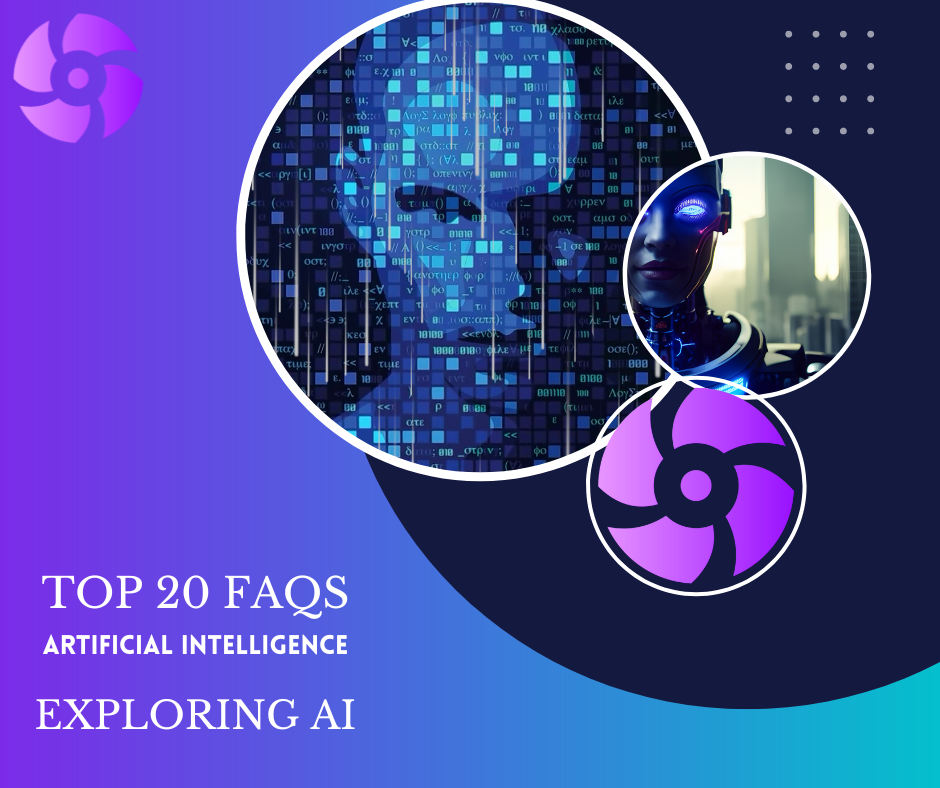
From the basics to the future of AI, understanding the technology and its potential impacts is vital to anyone.
Artificial intelligence (AI) is a hot topic these days, but let's be real - how much do any of us actually know about it? Sure, we've heard about self-driving cars and chatbots, but beyond that, it's all a big mystery.
Don't worry, we've got you covered with our list of the top (ish) 20 questions about AI. From the basics to the future of tech, we'll cover all the bases (or at least try to). So sit back, relax, and prepare to have your mind blown (or not).
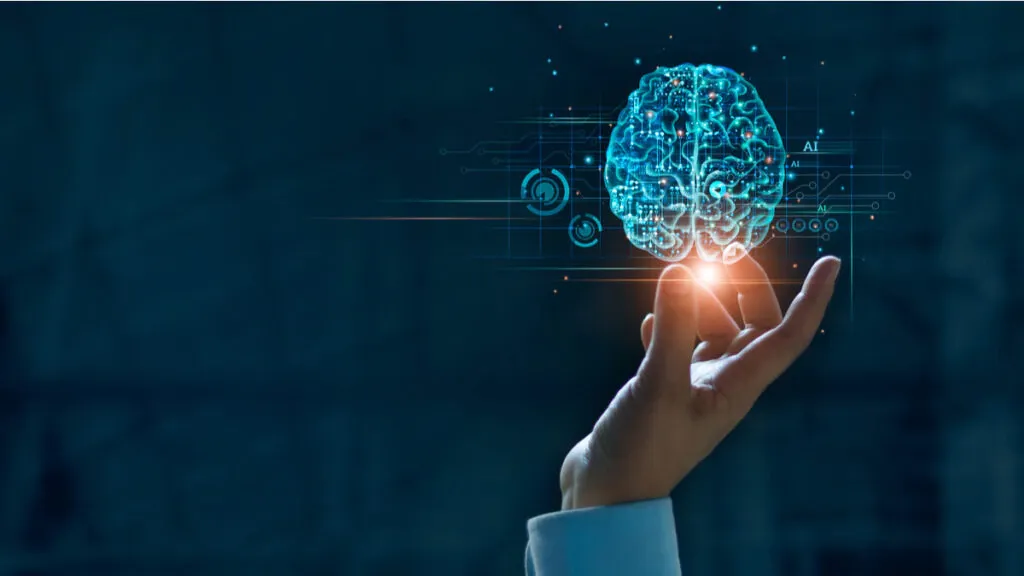
What is Artificial Intelligence (AI)?
AI refers to the ability of a computer or machine to mimic human intelligence and perform tasks such as learning, problem-solving, decision-making, and perception.
It can be classified into two main categories: narrow or weak AI and general or strong AI.
Narrow AI is designed to perform a specific task, like recognizing speech or identifying objects in an image, while strong AI is designed to be able to perform any intellectual task that a human can.
Currently, narrow AI is all the rage, but strong AI is where the end game is at.

How Does AI Work?
AI algorithms analyze data and make decisions based on that analysis. The specific methods used by an AI system depend on the task it is designed to perform.
Some common methods used in AI include machine learning, natural language processing, and robotics.
Machine learning involves training an AI system to recognize patterns in data and make decisions based on that analysis. NLP teaches an AI system to understand and interpret human language. Robotics involves using AI to control and automate physical devices, such as robots or drones, by programming them with specific instructions.
It certainly has a lot of complexity, and there are a lot of possible careers opening up for AI experts - at least until AI itself replaces them.
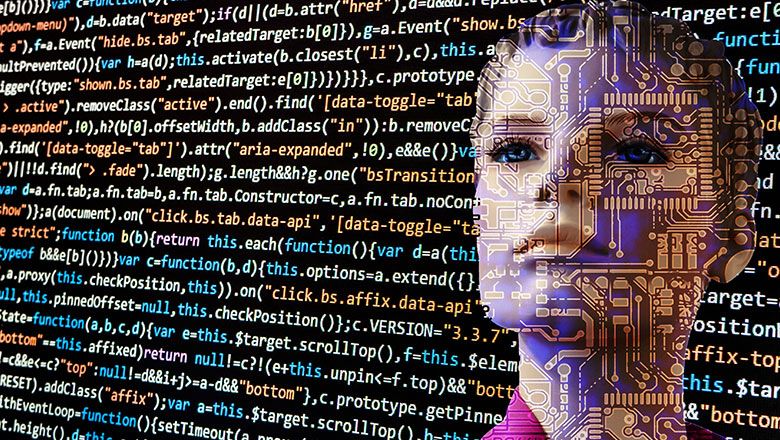
What Are The Different Types of AI?
There are several different types of Artificial Intelligence out there, including:
- Rule-based AI: The one that follows a set of predetermined rules to perform a specific task.
- Expert system AI: Mimicking the decision-making abilities of a human expert in a specific field.
- Machine learning AI: This type of AI is designed to learn and adapt over time based on the data it receives. Very popular for obvious reasons.
- Deep learning AI: This type of AI uses layers of artificial neural networks to learn and make decisions. Underrated and often confused with Machine Learning variants.
- Natural language processing AI: This type of AI is designed to understand and interpret human language. Chat GPT uses this variable.
- Robotics AI: This type of AI is used to control and automate physical devices, such as robots or drones. One day, it will take over robotic AI bodies.
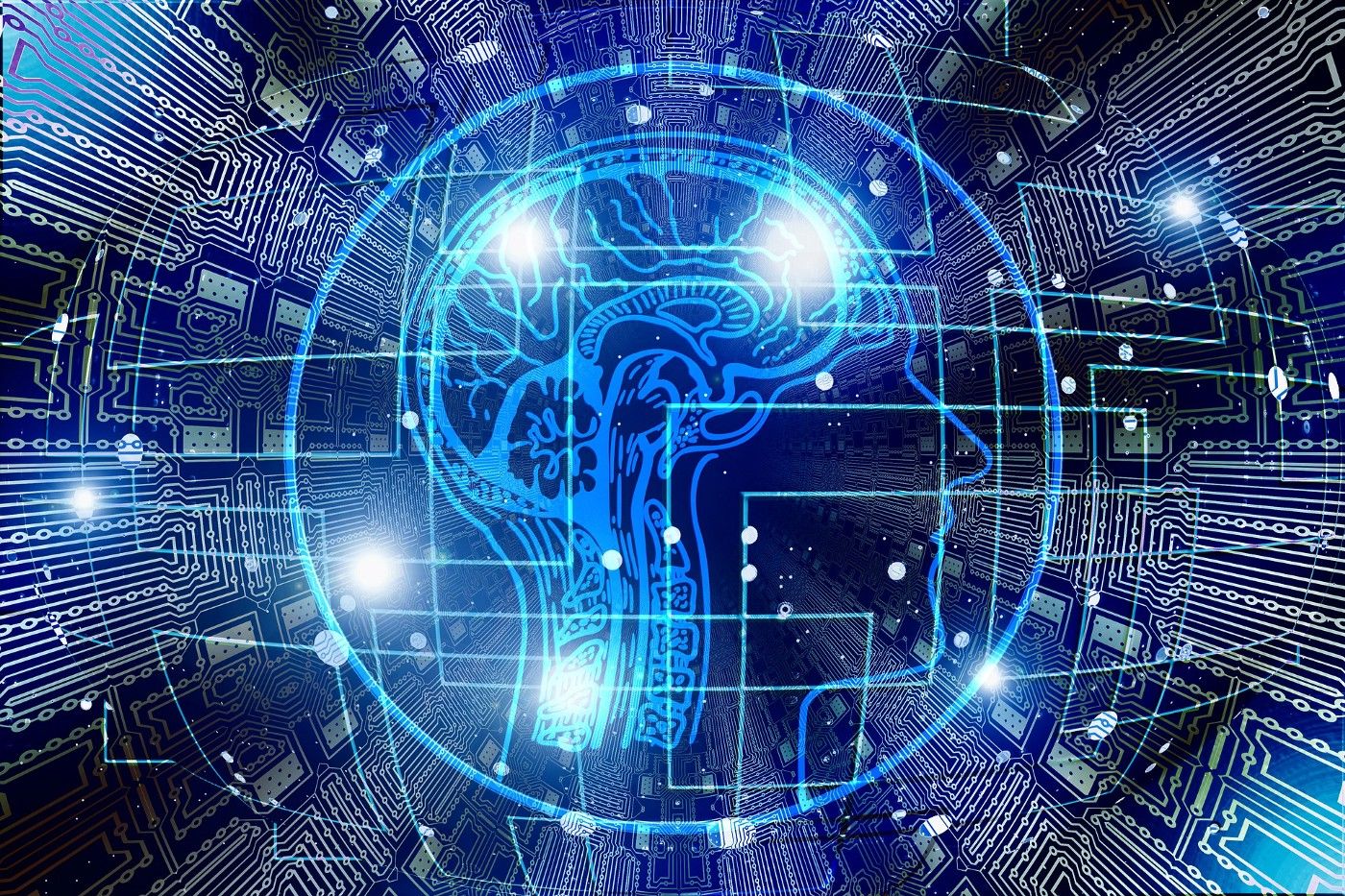
How is AI Being Used in the Real World?
AI is being used in a wide range of industries and applications, including:
- Healthcare: AI is being used to analyze medical images, predict patient outcomes, and assist with diagnoses.
- Finance: AI is being used to analyze market data, identify trends, and make investment decisions. Trading bots were just the beginning.
- Retail: AI is being used to personalize customer experiences, recommend products, and optimize pricing.
- Manufacturing: Here, artificial intelligence is being used to optimize production processes, predict equipment failures, and perform quality control.
- Transportation: AI is being used to optimize routes, predict traffic patterns, and assist with autonomous driving. I still can't read and drive, but the day is approaching.
- Education: AI is being used to personalize learning experiences, provide tutoring and feedback, and improve student outcomes.
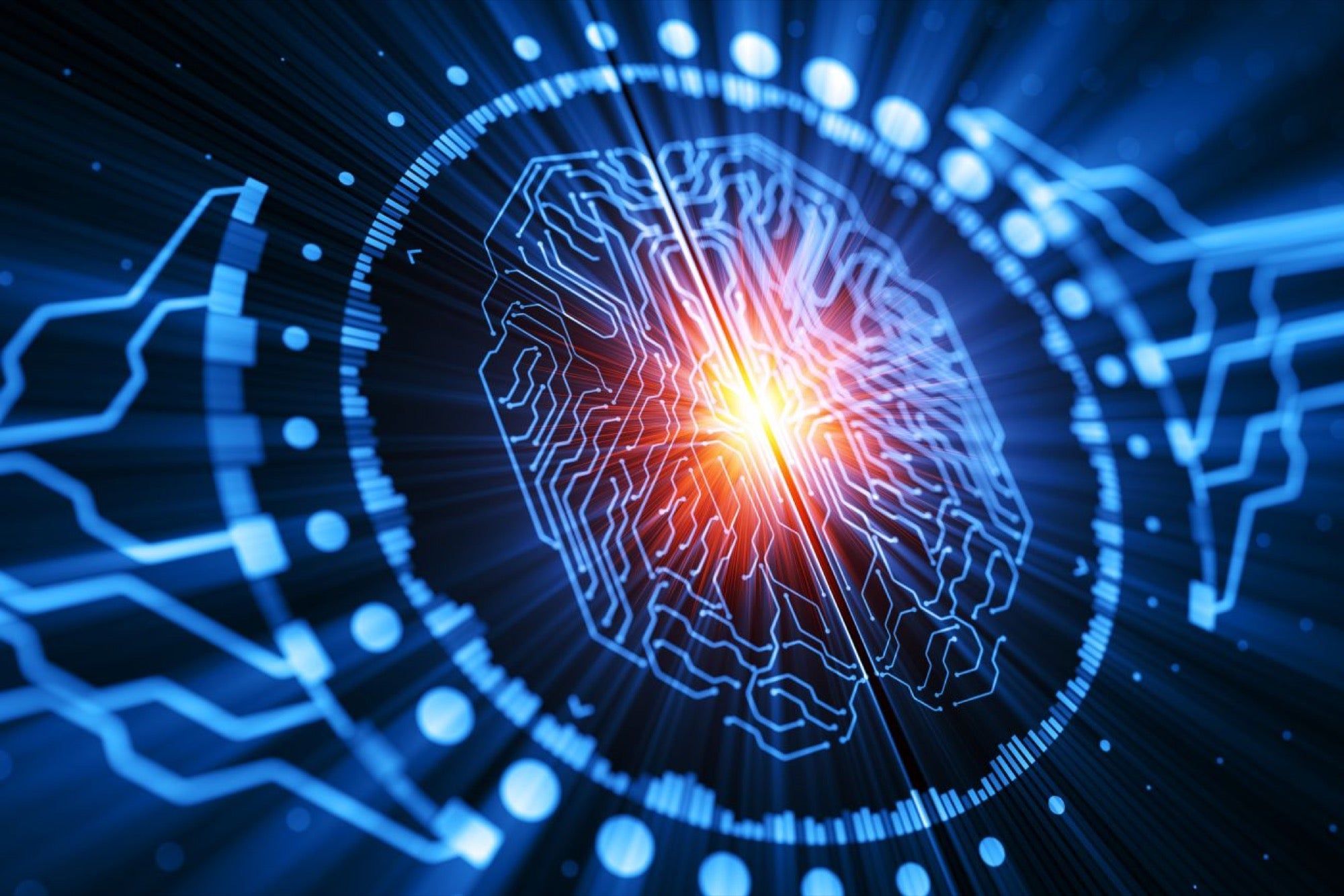
What are the Potential Benefits and Risks of AI?
There are many potential benefits of AI, and they are pretty much peppered around every sector and area of our lives.
As the benefits are too much to count, here are a few of them:
- Increased efficiency: AI can perform tasks faster and more accurately than humans, which can increase productivity and reduce costs.
- Improved decision-making: Computers can analyze large amounts of data and identify patterns that may not be apparent to humans, which can lead to better decision-making.
- Enhanced personalization: Artificial Intelligence can analyze individual preferences and behaviors to provide personalized recommendations and experiences. You experienced it to some extent with recommendation algorithms on Steam or TikTok.
- Increased safety: AI can be used to perform tasks that are too dangerous or difficult for humans, such as exploring hazardous environments or performing surgeries - we all heard the term "Human Error".
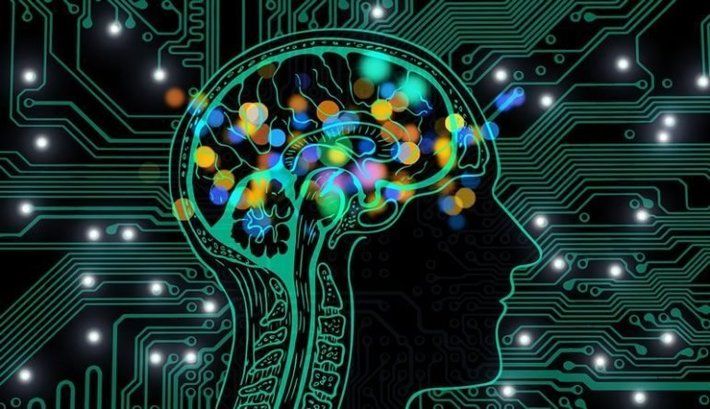
However, There Are Also Risks Associated With AI, Including:
- Unemployment: AI may potentially replace human jobs, leading to increased unemployment and income inequality.
- Bias: AI algorithms can be biased if they are trained on biased data, leading to unfair or discriminatory outcomes. The thing is, artificial intelligence is just as smart as the data you provide it, at least until it can gather data on its own.
- Lack of accountability: AI systems may make decisions or take actions that are difficult to explain or understand, making it difficult to hold them accountable for their actions.
- Security risks: AI systems may be vulnerable to hacking or manipulation, which could have serious consequences if they are used in critical systems such as transportation or healthcare.
- Ethical concerns: AI systems may be used to perform tasks that raise ethical concerns, such as autonomous weapons or facial recognition systems that invade privacy.
Now that you are aware of the risks associated with AI, you can consider them when thinking about the potential impacts and uses of the technology.
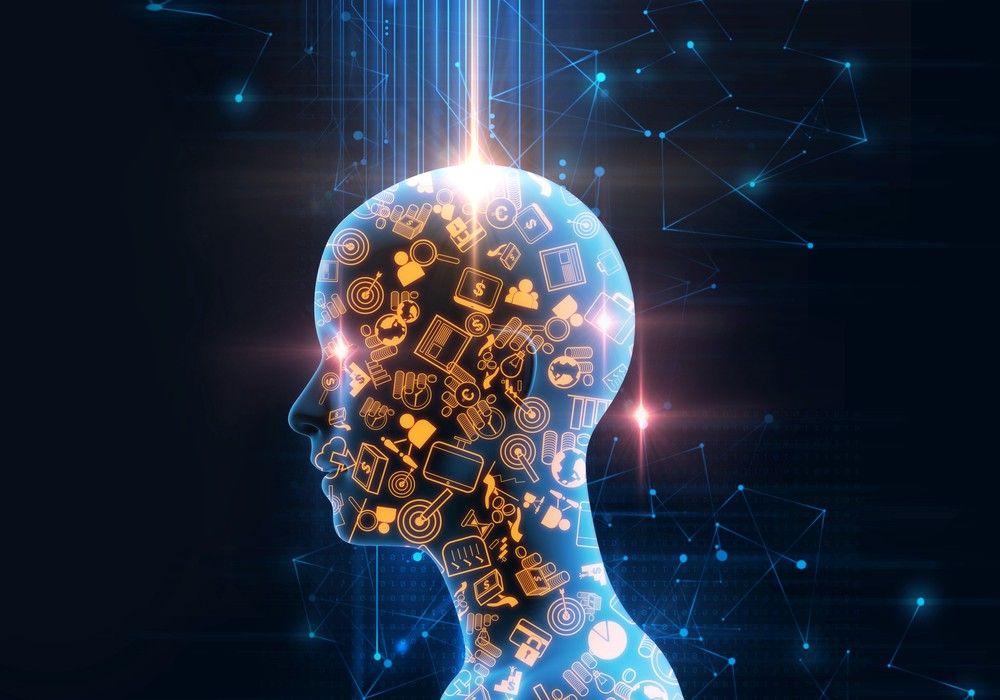
Will AI Take Over Human Jobs?
It is possible that AI may replace some human jobs in the future. However, it is also likely that AI will create new jobs and opportunities that do not currently exist.
It is important for individuals and society as a whole to adapt to these changes and ensure that the benefits of AI are distributed fairly.
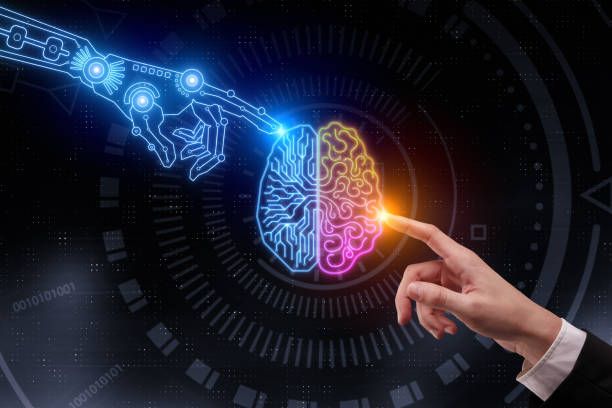
Will AI be Used for Good or Bad?
AI can be used for both good and bad purposes, depending on how it is developed and used.
While it certainly has the potential to bring significant benefits to society, such as improving healthcare, transportation, and education... It also has the potential to be used for nefarious purposes, such as creating autonomous weapons or invading privacy.
It is therefore vital for society, as Elon Musk said, to ensure that AI is developed and used ethically and responsibly.
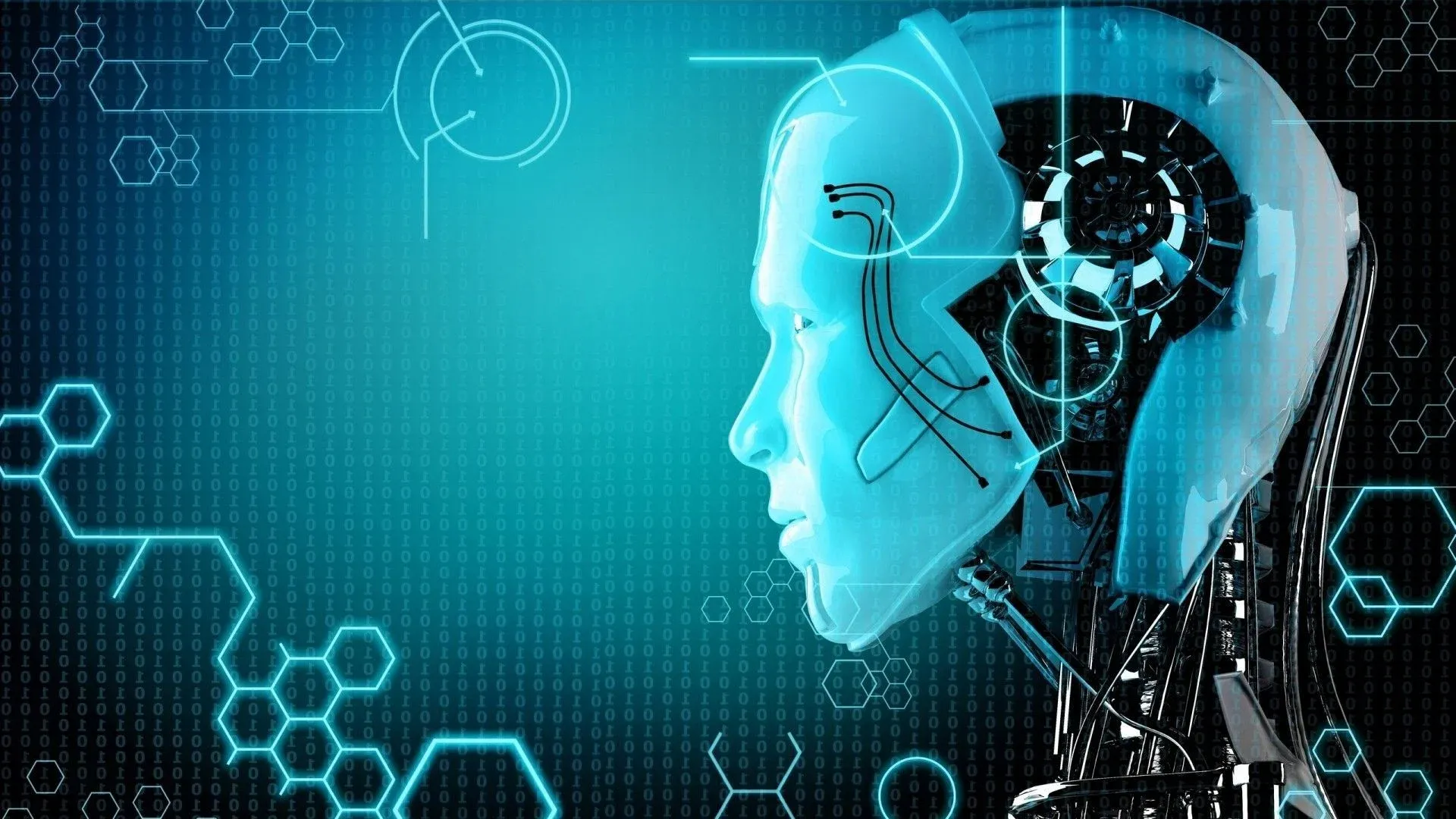
How Can We Ensure That AI is Developed Ethically?
Developing AI is the most important thing we can do, as it is the most life-changing invention ever, potentially even reshaping existence if you look far enough.
There are several ways to ensure that AI is developed ethically in order to safeguard us from future complications:
- Develop and follow ethical guidelines: Organizations and individuals working on AI should develop and follow ethical guidelines that consider the potential impacts and risks of AI.
- Foster transparency and accountability: AI developers should be transparent about how their systems work and be held accountable for their actions.
- Involve diverse perspectives: It is important to involve diverse perspectives in the development of AI, including those from underrepresented groups, to ensure that the technology is fair and inclusive.
- Engage in public dialogue: It is important to engage in public dialogue and seek input from stakeholders when developing AI, to ensure that the technology aligns with societal values.
To ensure that AI is responsible and accountable, it is important to develop and follow ethical guidelines, foster transparency and accountability, involve diverse perspectives, and engage in public dialogue.
In the next section, we will delve further into the topic of AI accountability and explore these approaches in more detail.
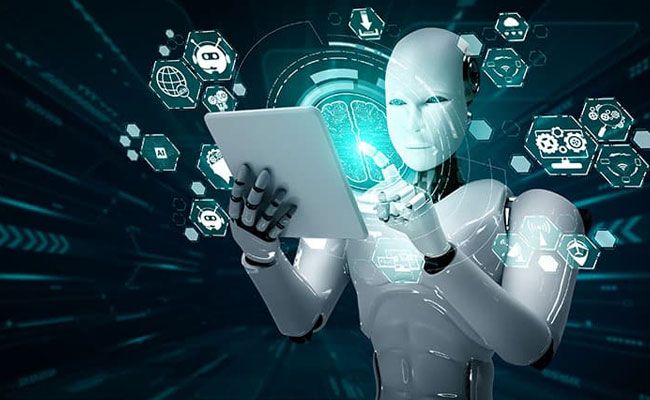
How Can We Ensure That AI is Accountable and Transparent?
There are several ways to ensure that Artificial Intelligence is both accountable and transparent:
- Develop explainable AI: AI systems should be able to explain how they reached their decisions, to ensure that they are transparent and accountable.
- Establish regulatory frameworks: Governments and regulatory bodies should establish frameworks to oversee the development and use of AI, to ensure that it is used responsibly and ethically.
- Foster transparency in AI development: Devs should be transparent about how their systems work, to ensure that they are accountable for their actions.
- Ensure transparency in AI deployment: Organizations using AI should be transparent about how they are using the technology and how it is affecting stakeholders.
Congratulations on making it halfway through the article! We hope that you have found value in the information provided so far.
Up until this point, we discussed the importance of developing explainable AI, establishing regulatory frameworks, fostering transparency in AI development, and ensuring transparency in AI deployment.
These approaches can help ensure that AI is used responsibly and ethically. Thank you for your attention, and we look forward to exploring the topic further with you in the second half of this piece.
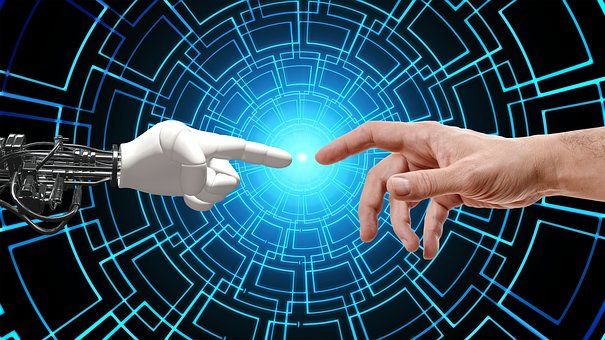
What is the Impact of AI on Society and the Economy?
It will change the whole fabric of it, forget about significance.
AI has the potential to bring significant benefits, such as increased efficiency, improved decision-making, and enhanced personalization.
However, it also has the potential to disrupt existing industries and lead to job loss. It is important for society to consider the potential impacts of AI and ensure that its benefits are distributed fairly.
That's why Musk and OpenAI focus so much on discovering a solution that will allow for some kind of Universal Basic Income - the jobs drying up will certainly bring us some challenges.
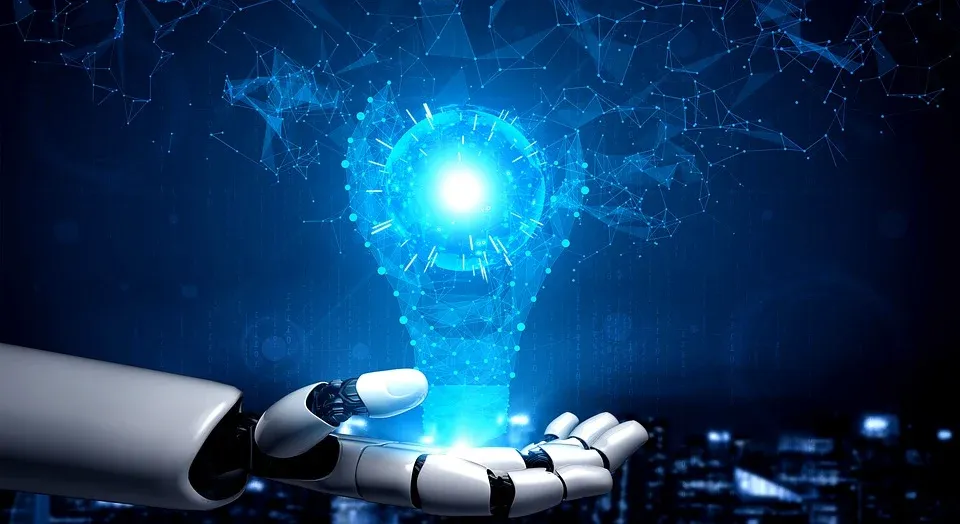
How Can We Regulate the Use of AI?
Regulations are never easy and sometimes they can cause quite a parting of opinions. However, here's what we should be looking at:
- Establish regulatory frameworks: Governments and regulatory bodies can establish frameworks to oversee the development and use of AI, to ensure that it is used responsibly and ethically.
- Adopt ethical guidelines: Organizations and individuals working on AI should develop and follow ethical guidelines that consider the potential impacts and risks of the technology - and my God are they many!
- Engage in public dialogue: It is important to engage in public dialogue and seek input from stakeholders when developing and using AI, to ensure that the technology aligns with societal values.
- Foster transparency and accountability: AI developers should be transparent about how their systems work and be held accountable for their actions. Organizations using AI should also be transparent about how they are using the technology and how it is affecting stakeholders.
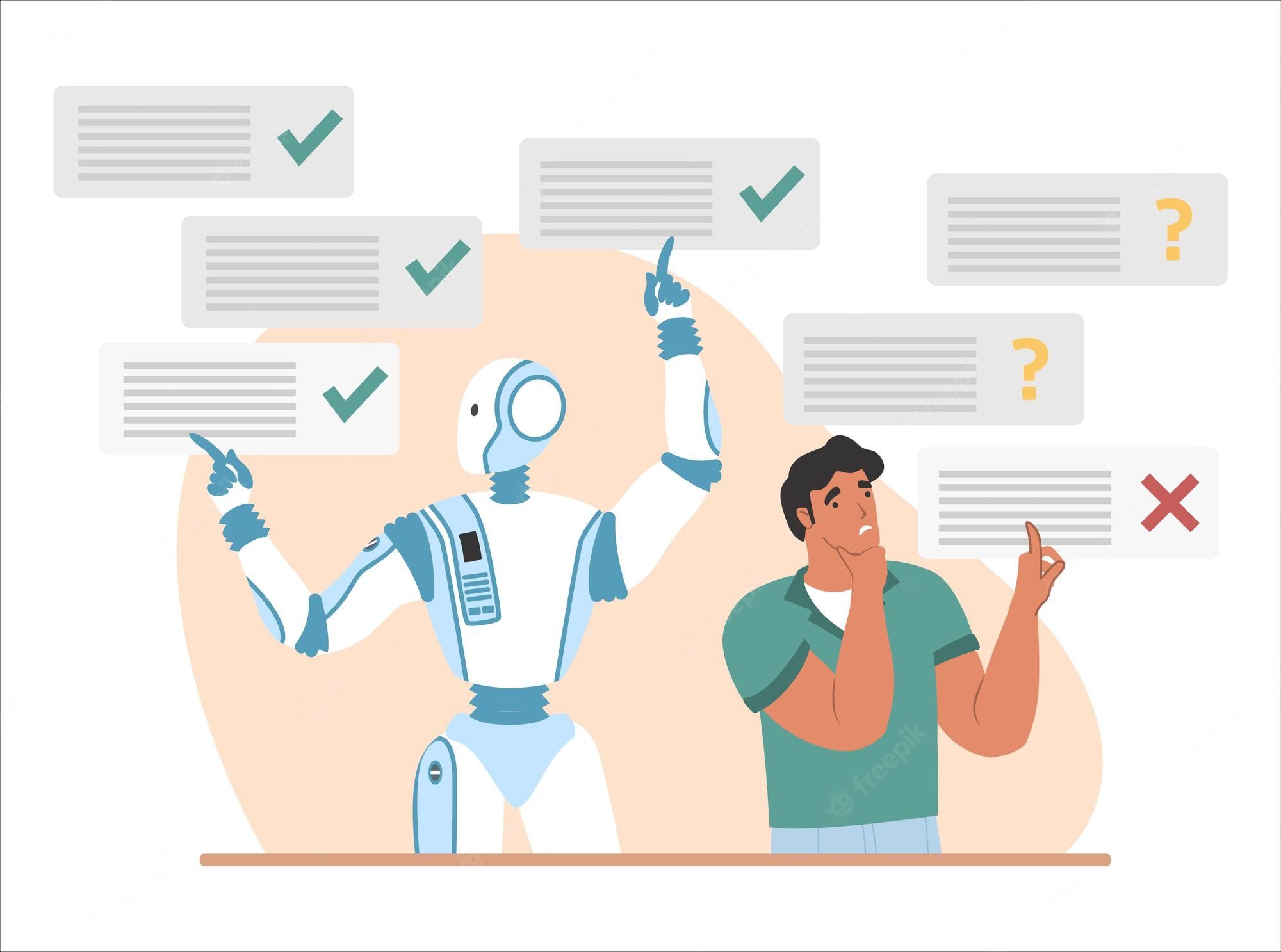
How Can We Prevent the Misuse of AI?
Let's take the guesswork out of this one and assume it will happen - AI is just too powerful to NOT be misused.
But... How can we avoid and prevent it?
Here are some ways to do it:
- Establish regulatory frameworks: Governments and regulatory bodies can establish frameworks to oversee the development and use of AI, to ensure that it is used responsibly and ethically.
- Adopt ethical guidelines: Organizations and individuals working on Artificial Intelligence should develop and follow ethical guidelines that consider the potential impacts and risks of the technology... but we also don't want them to stop developing over fear of being persecuted over unforeseen circumstances.
- Foster transparency and accountability: AI developers should be transparent about how their systems work and should definitely be held accountable for their actions.
However, we can also see a world in which developers may be absolved as the AI is proven to be guilty itself. It certainly will happen in the far future. - Educate the public: It is important to educate the public about the potential risks and benefits of AI, to ensure that it is understood and used responsibly.
In this section, we have dug into the sticky issue of bias in AI and how a narrow data set can lead to trouble. But don't worry, we're here to help you avoid these pitfalls and build a more "fair-ificial" AI ecosystem.
By following best practices and considering the potential impacts of the technology, we can work towards creating a more responsible and ethical Artificial Intelligent environment.
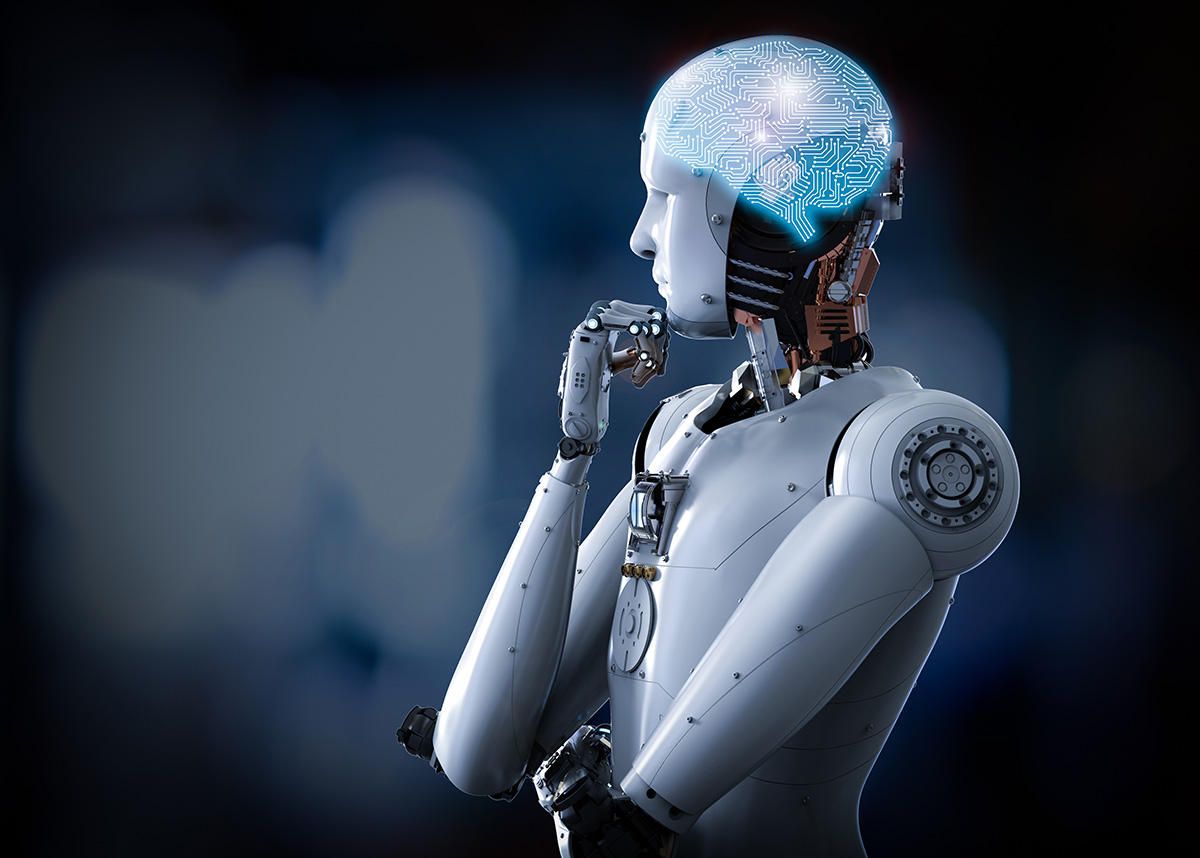
How Can We Ensure That AI is Fair and Unbiased?
There are several ways to ensure that the Artificial Intelligence we develop isn't biased or keeps it fair.
Of course, we still have to account for unforeseen biases - as much of the information in the world is biased anyways, but here are some ways to try to do it:
- Use diverse and representative data: It is important to use diverse and representative data to train AI systems, to ensure that they are not biased against certain groups, measures, laws, and personalities.
- Adopt ethical guidelines: Organizations and individuals working on AI should develop and follow ethical guidelines that consider the potential impacts and risks of the technology, including issues of fairness and bias.
- Engage in public dialogue: It is important to engage in discussion and seek input from stakeholders when developing and using AI, to ensure that the technology aligns with societal values. The human mega-brain still holds some power.
- Foster transparency and accountability: AI developers should be transparent about how their systems work and be held accountable for their actions and the shortcomings of their algorithms. Organizations using AI should also be transparent about how they are using the technology and how it is affecting stakeholders.
In conclusion, we've learned about the dangers of bias in AI and how a narrow data set can lead to unfair or discriminatory outcomes.
But here's the kicker...
...I'm an optimist and I think we'll be able to overcome these issues.
I still trust in the power of the human brain to tackle these challenges and continue to work towards a future where humans and AI can work together to create a better world.
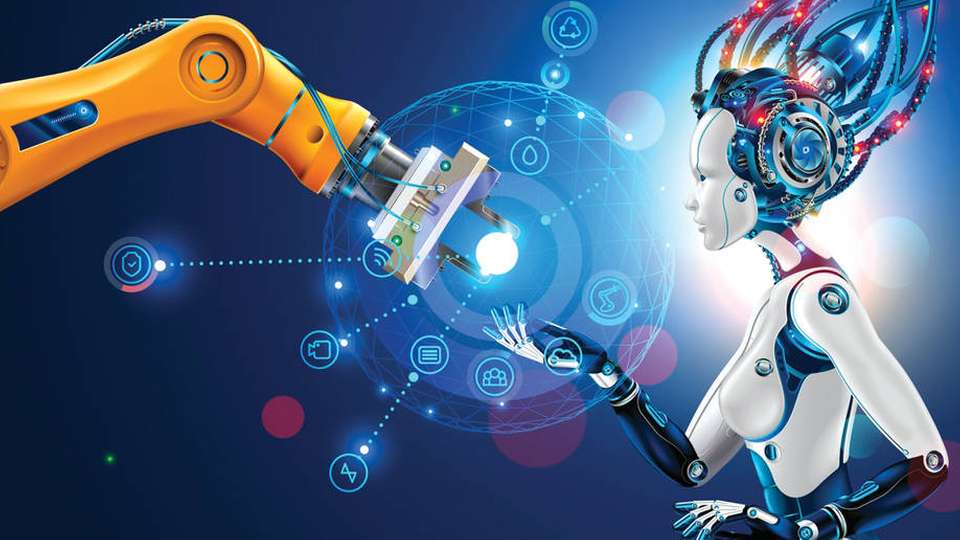
How Can We Ensure That AI Respects Privacy and Data Security?
We know privacy and data security aren't what it was last century, and even though we are constantly cracking down on violations, this is a pretty serious problem in today's world.
There are several ways to ensure that AI respects the privacy of its users and data security:
- Adhere to privacy laws and regulations: Organizations using AI should adhere to relevant privacy laws and regulations, such as the General Data Protection Regulation (GDPR) in Europe or the CCPA in the United States.
- Implement data security measures: Organizations should implement appropriate data security measures to protect personal data from unauthorized access or use.
- Obtain consent: Organizations should obtain consent from individuals before collecting or using their personal data for AI purposes.
- Foster transparency and accountability: AI developers should be transparent about how their systems use personal data and be held accountable for their actions.
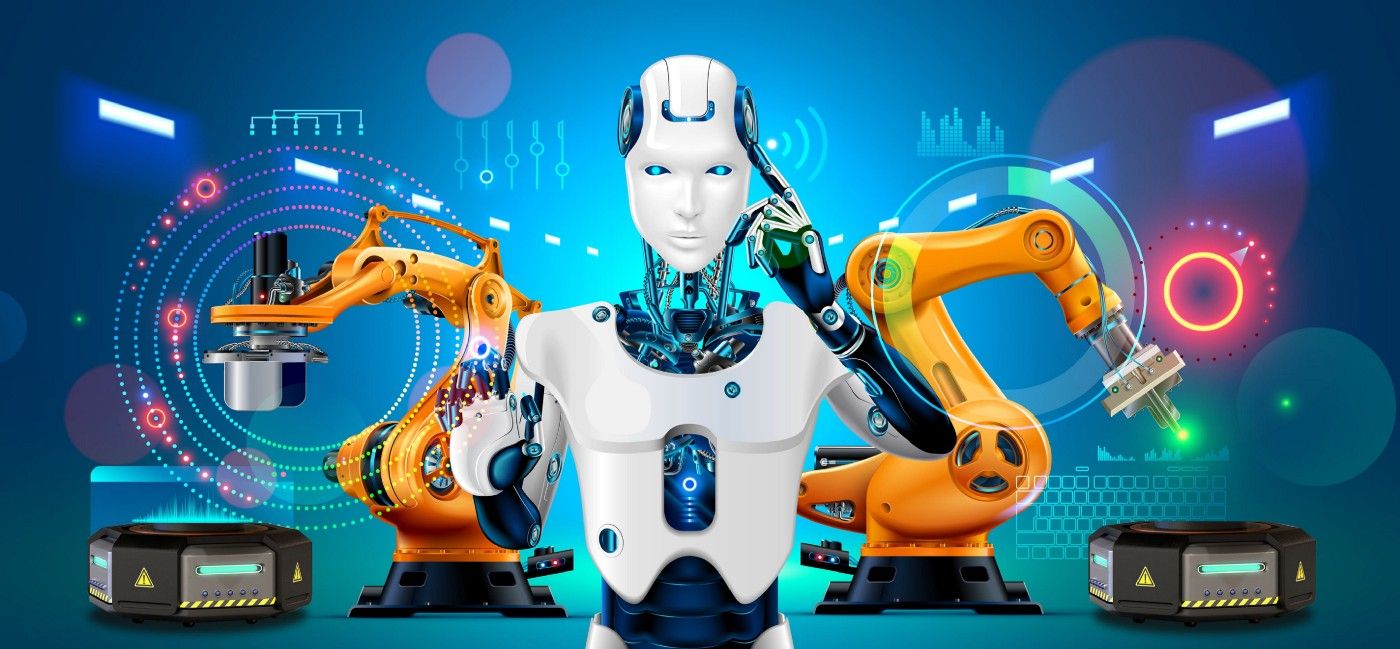
How Can We Ensure That AI is Safe and Reliable?
We are never too far off from fears of Skynet, and AI-powered Apocalypse, but there are several ways to ensure that AI is safe and reliable:
- Test and validate AI systems: It is important to thoroughly test and validate AI systems to ensure that they are safe and reliable.
- Adhere to safety standards: Organizations using AI should adhere to relevant safety standards, such as those set by industry organizations or regulatory bodies.
- Establish risk management processes: Organizations should establish processes to identify and manage potential risks associated with AI - including world-ending stuff, of course.
- Foster transparency and accountability: AI developers should be transparent about how their systems work and be held accountable for their actions. Organizations using AI should also be transparent about how they are using the technology and how it is affecting stakeholders.
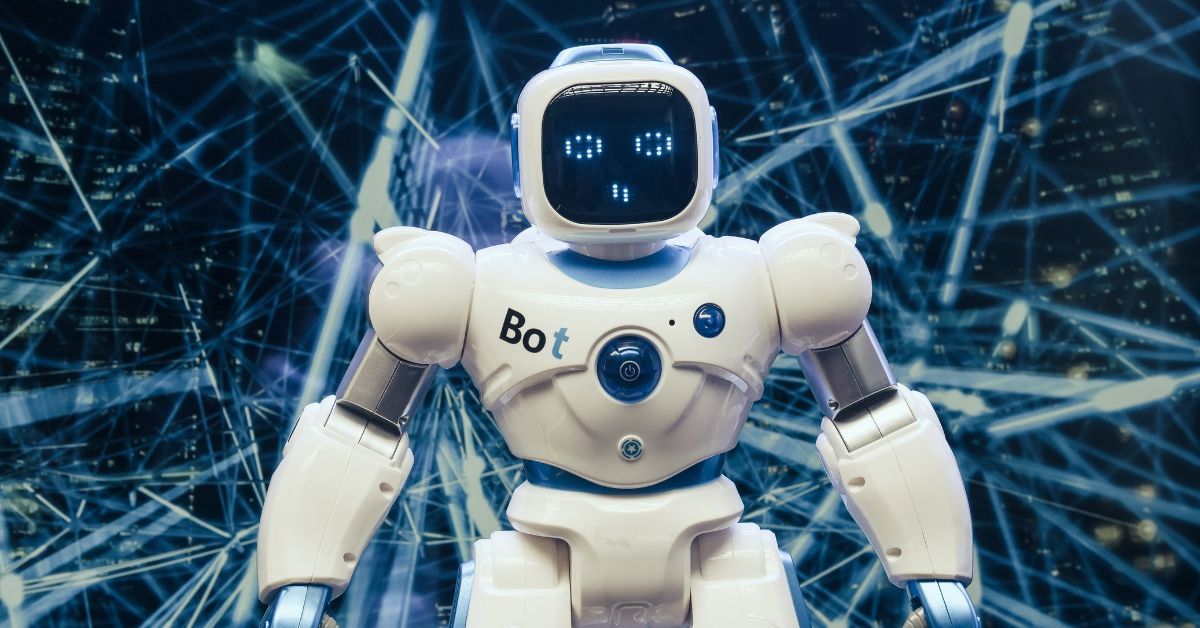
How Can We Ensure That AI is Transparent and Explainable?
There are several ways to ensure that AI is transparent and explainable:
- Develop explainable AI: AI systems should be designed to be transparent and explainable, so that it is clear how they reached their decisions.
- Foster transparency in AI development: AI developers should be transparent about how their systems work, to ensure that they are accountable for their actions.
- Ensure transparency in AI deployment: Organizations using AI should be transparent about how they are using the technology and how it is affecting stakeholders.
- Establish regulatory frameworks: Governments and regulatory bodies should establish frameworks to oversee the development and use of AI, to ensure that it is used responsibly and ethically.
Now that we have discussed the importance of transparency and accountability in AI, it is time to turn our attention to aligning the technology with human values.
AI should serve men, not the other way around, but we know we'll become obsolete meat-bags, so we better find a way to align goals.
In the next section, we will explore how to ensure that AI is ethical and responsible, and consider the role of humans in shaping the development and use of the technology.
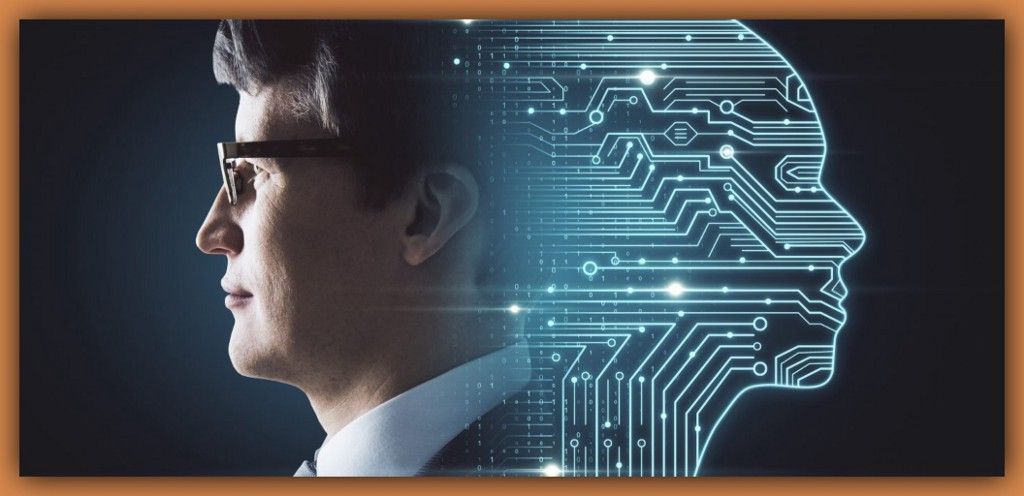
How Can We Ensure That AI is Aligned With Human Values?
Ok, so it's time to make sure AI has the same goals as us so it doesn't end our species and the evolution starts being silicon-based.
There are several ways to ensure that AI is aligned with human values:
- Adopt ethical guidelines: Organizations and individuals working on AI should develop and follow ethical guidelines that consider the potential impacts and risks of the technology, including how it aligns with human values.
- Engage in public dialogue: It is important to engage in public dialogue and seek input from stakeholders when developing and using Artificial Intelligence, to ensure that the technology aligns with societal values.
- Foster transparency and accountability: AI developers should be transparent about how their systems work and be held accountable for their actions. Organizations using AI should also be transparent about how they are using the technology and how it is affecting stakeholders.
- Establish regulatory frameworks: Governments and regulatory bodies should establish frameworks to oversee the development and use of AI, to ensure that it is used responsibly and ethically.
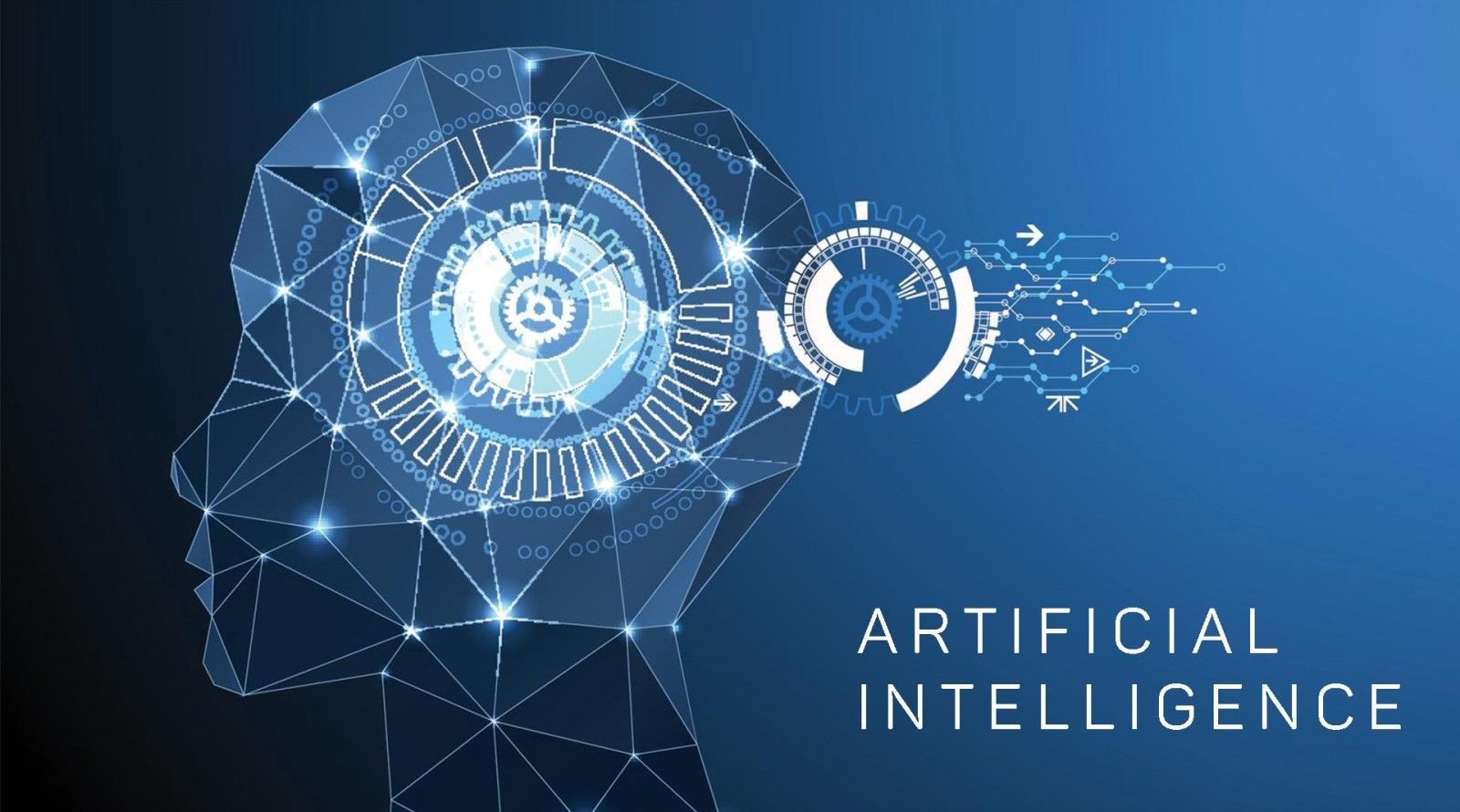
How Can We Ensure That AI is Inclusive and Accessible to All?
Access to AI will soon be the make-or-break big thing... Those with access to AI will severely surpass those without it.
AI will be the world's top resource and everyone will need it to compete, so how do we try to make it inclusive and accessible? We can:
- Use diverse and representative data: It is important to use diverse and representative data to train AI systems, to ensure that they are not biased against certain groups.
- Adopt inclusive design principles: AI systems should be designed to be accessible and usable by people with a wide range of abilities and disabilities.
- Involve diverse perspectives: It is important to involve diverse perspectives in the development and use of AI, including those from underrepresented groups, to ensure that the technology is fair and inclusive.
- Engage in public dialogue: It is important to engage in public dialogue and seek input from stakeholders when developing and using AI, to ensure that the technology is inclusive and accessible to all.
As we continue to explore the ethical and responsible use of AI, it is important to consider the broader impacts of the technology on the environment and society.
In addition to aligning AI with human values, we should also consider the long-term sustainability of the technology and its alignment with planetary and civilizational goals.
We need a planet after all, and it's about time we ask for help in preserving it.
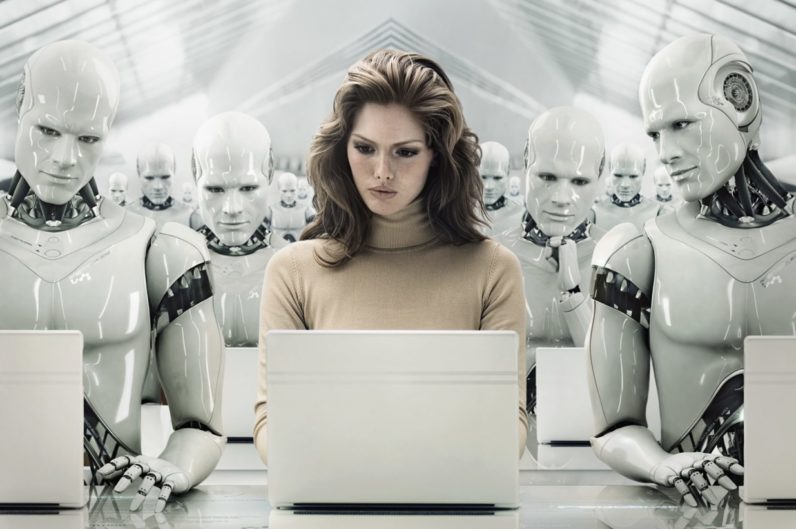
How Can I Get Involved in the AI Community, and What Are Some Ways I Can Contribute to the Field?
Looking to get your feet wet in the exciting world of AI? There are many ways to dive in and start contributing to the field. One option is to join a local AI group or meetup – these events provide a great opportunity to connect with like-minded individuals and learn about the latest developments in the field. Or, consider attending AI conferences and workshops – these events offer the chance to rub elbows with experts in the field and learn from the best.
If you're more of a digital native, there are plenty of online communities – forums, discussion groups, and social media groups – where you can connect with others interested in AI and stay up-to-date on the latest trends. And if you're feeling particularly ambitious, you can always try your hand at developing your own AI projects or applications. Just remember to keep things in perspective and have fun – after all, AI is a machine learning field, not a machine stressing field!
But don't forget, you can also contribute to the field by participating in open source projects, volunteering your time and skills, and sharing your knowledge with others through writing and teaching. Whether you're a beginner or an experienced AI developer, there's always room for innovation and creativity in the field – so why not get involved and make a difference?

